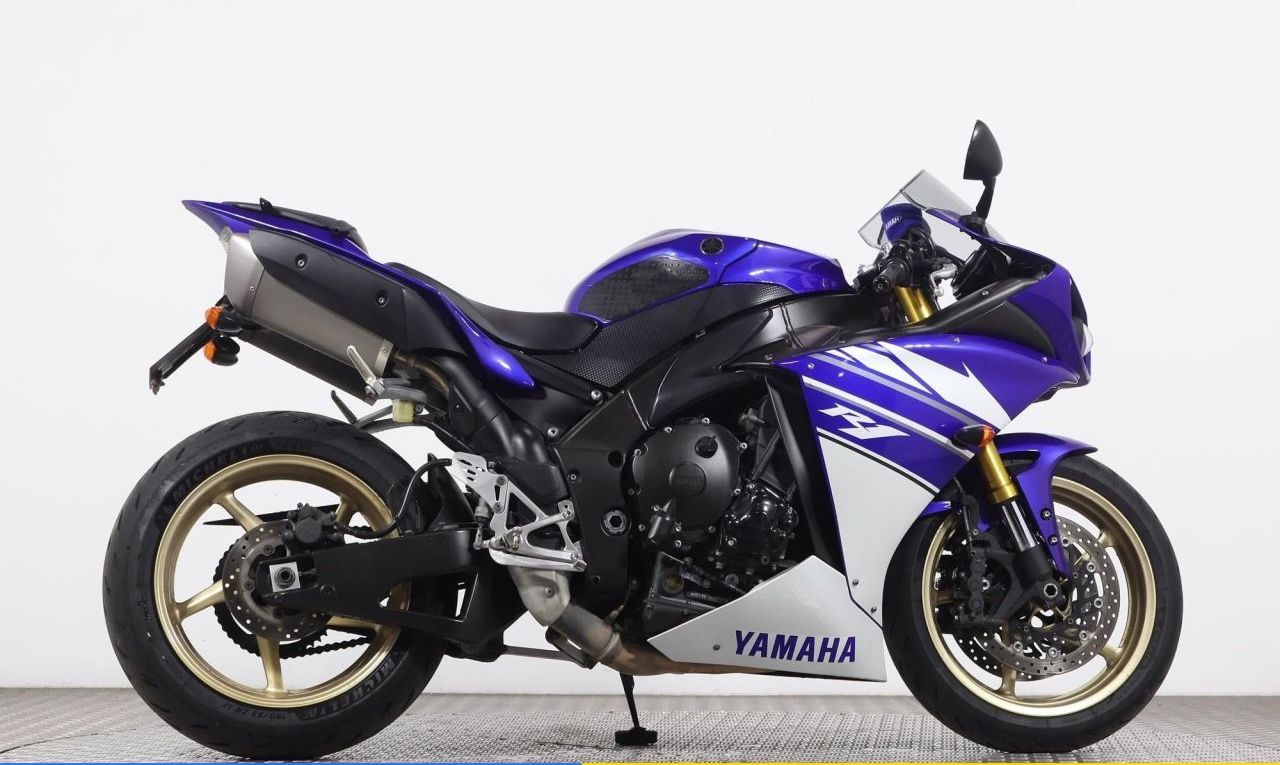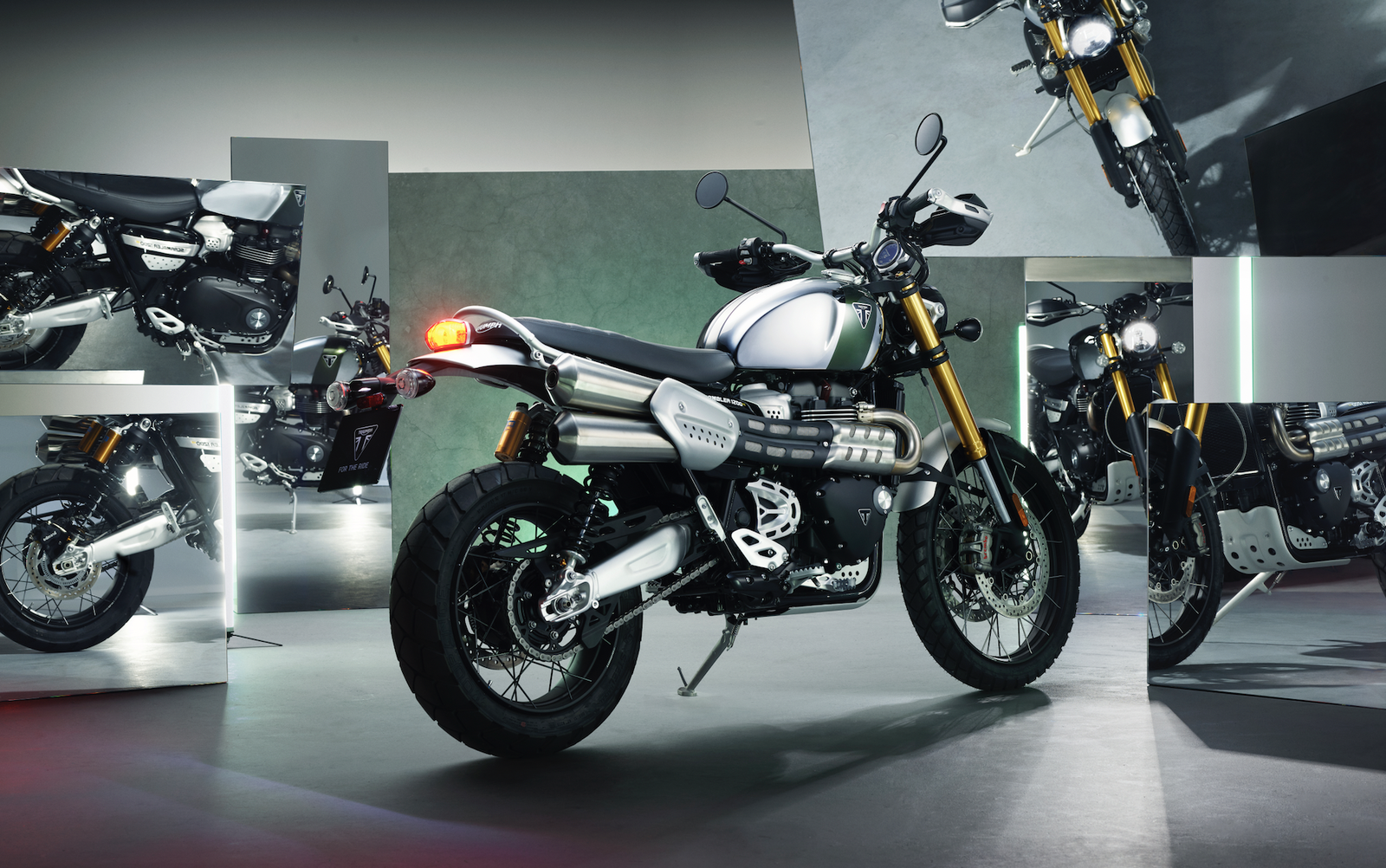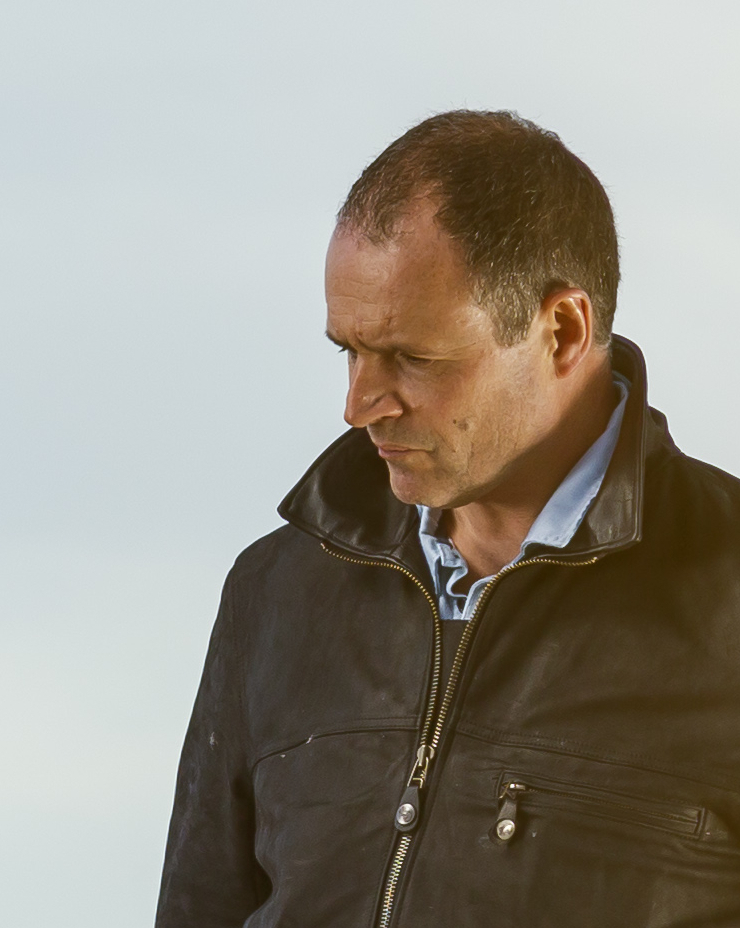Bye Bye Yamaha R1: The Beginning of the End For Superbikes?
The canning of the Yamaha R1 surely doesn’t bode well… or does it?

Does Yamaha’s decision to discontinue its R1 after 2025 sound the death knell for superbikes? Bizarre as that may sound, especially for those brought up on – and in awe of – Blades, GSX-Rs, R1s and the like, it may well also be the truth.
Let’s face some harsh facts: Suzuki Europe long ago binned its entire GSX-R family, 600, 750 and, in 2022, its short-lived GSX-R1000, partly because they didn’t get through the prevailing EU regs (the 750 2017’s EU4, the 1000 2021’s EU5), but mostly because they were selling so few it wasn’t economic to re-engineer them.
Yamaha is now doing the same, although this time the R1 won’t be developed beyond the current EU5+ deadline, which is 2025. Any money on Kawasaki being next?
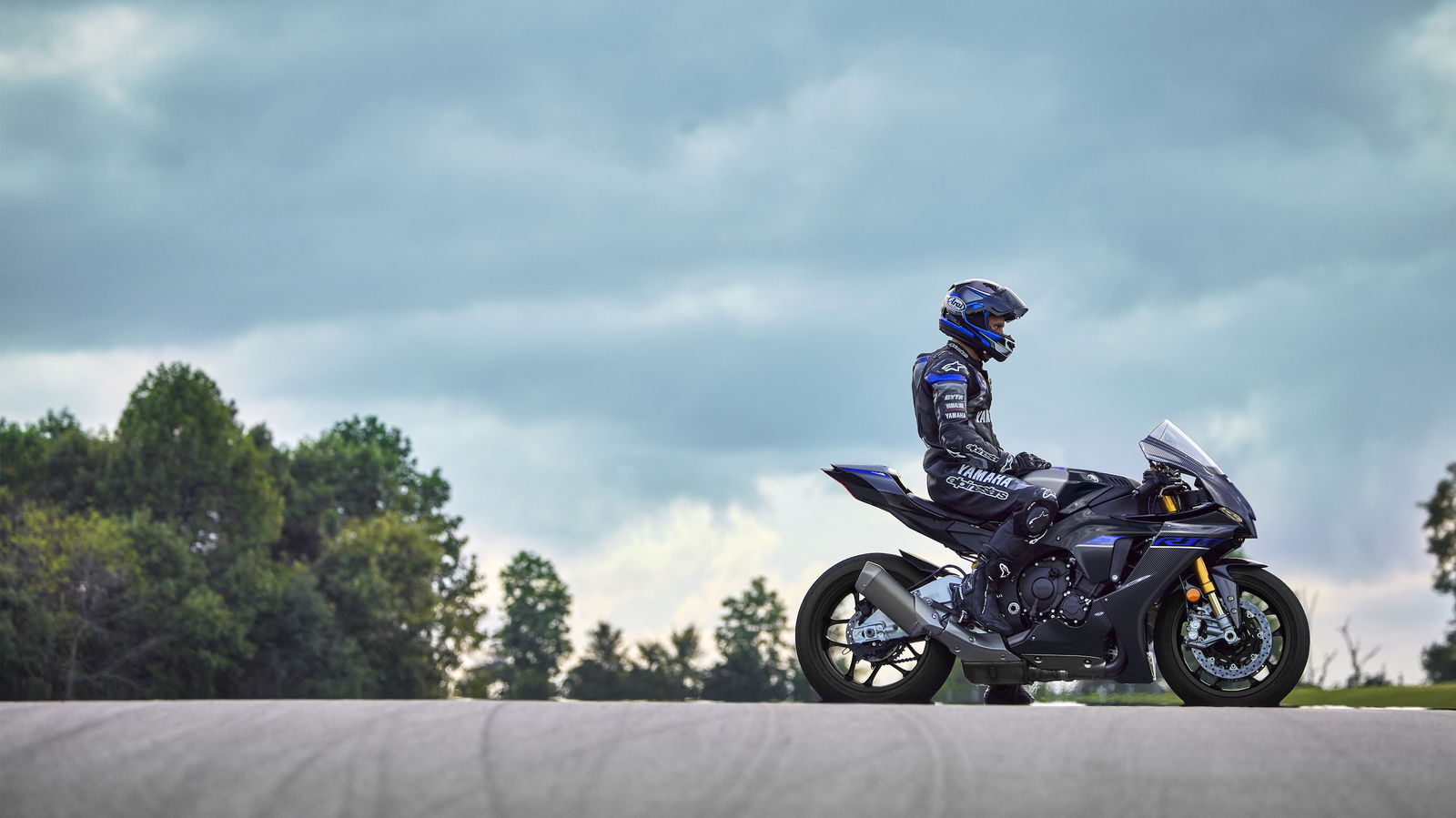
We shouldn’t really be surprised, of course. The same path was travelled by supersport 600s in the early Noughties which, from being the ‘90s best-selling bikes, managed to evolve themselves into extinction by chasing narrow, focused, extreme track success to such a degree they became useless on the road.
I loved 600s in my 30s in the 1990s but after the 1999 R6 never quite saw the point of them. I rode a ZX-6R around Stoke in 2013 and pondered how ridiculous it was to be looking down through the screen at its clocks. I rode a CBR600RR soon. After and hefty six-foot-three-inches of me could barely fit on it…
For me, recent superbikes, wunder machines though they are, are equally irrelevant. I also rode a Honda FireBlade SP2 and M1000RR on the road recently. Waste of time. I spent half of it fearing for my licence, the other half feeling a fraud… 100mph in second gear? Yeah, right.
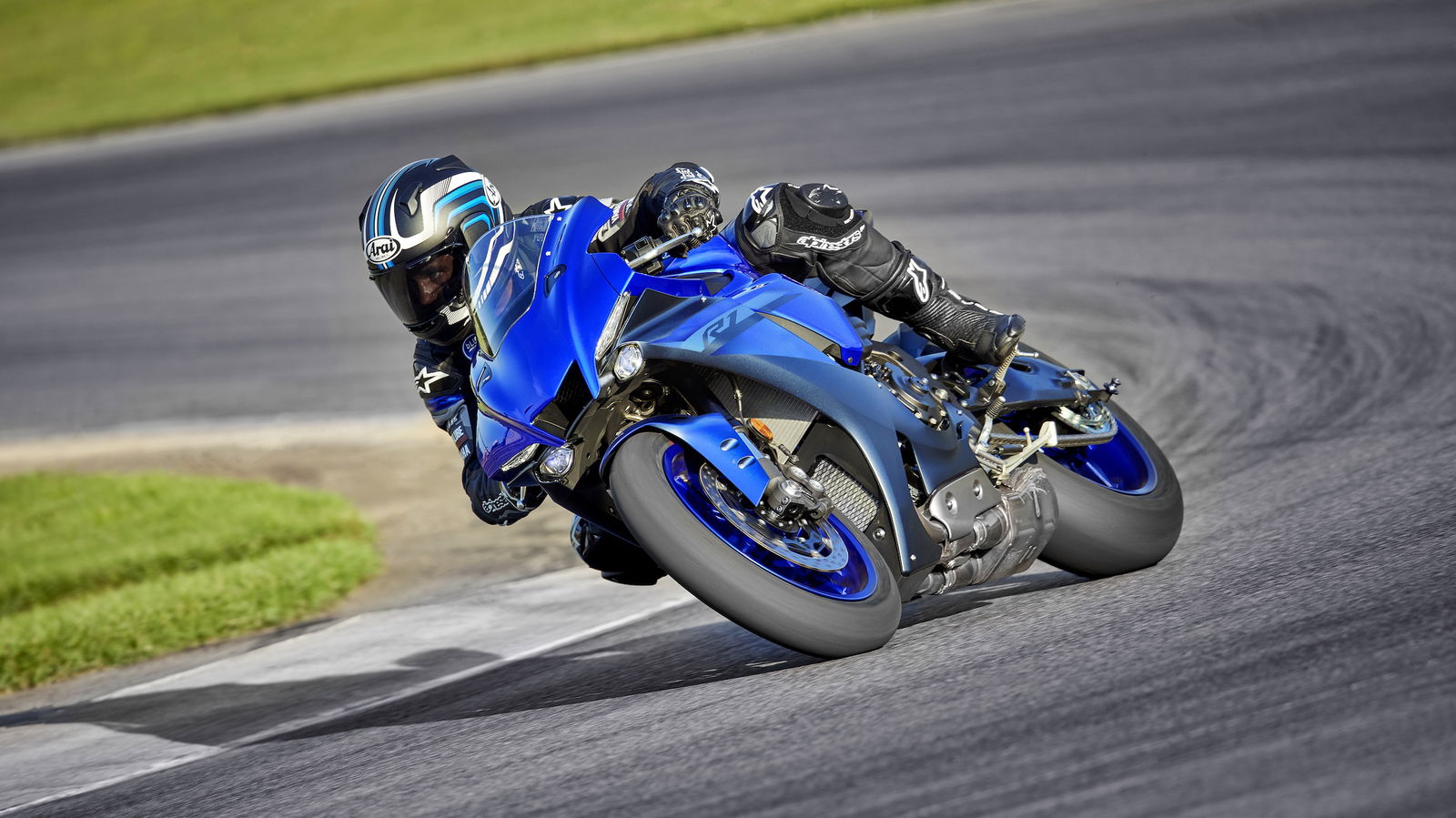
Which is probably why they aren’t selling – or, rather, why most of them aren’t. BMW apparently does quite well out of its S1000RR, as does Aprilia with its RSV4 and Ducati Panigale V4 sales actually went up 22 per cent in the first three quarters of 2023. But they’re true exotica dream machines with the brand cache to back it up. By all accounts Yamaha, Honda and Kawasaki combined don’t come anywhere close.
This leads me to my biggest worry of all – superbike RACING. I’ve long pondered the point of the racing supersport 600 class. In the ‘90s and early ‘90s, fine - it was a showcase for the best production 600s around. But today most of those bikes – GSX-R600, R6, Daytona 675 – can no longer be bought for the road, so how can it still be a production class?
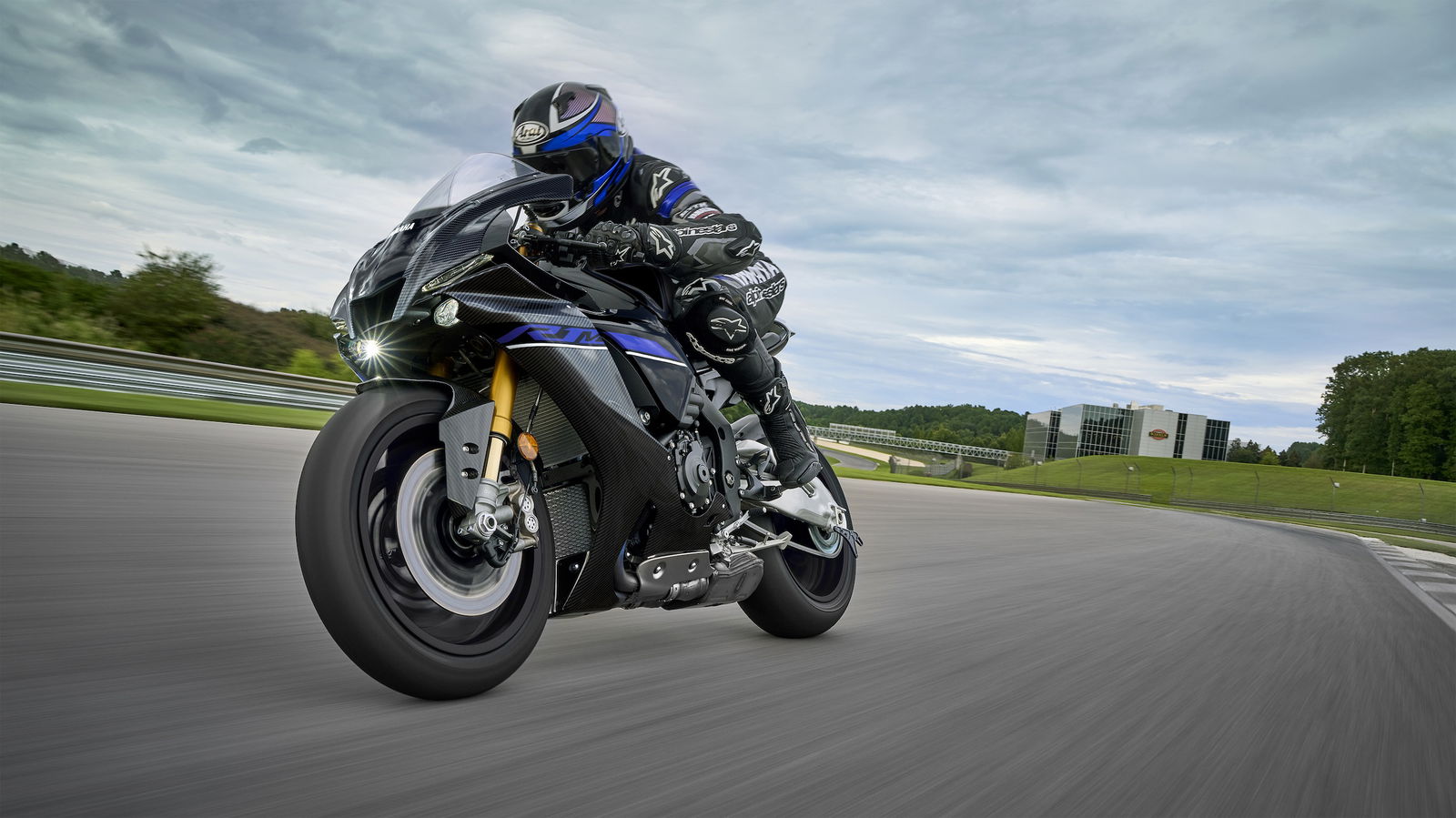
I’ve now a similar worry for British and World superbikes. Yes, BMW and Ducati will no doubt continue their merry way, but what’s the point of Yamaha continuing racing after the R1 ceases to be a road bike, as the company has said it will do? (Sorry Jonathan.) Or Kawasaki and Honda, too, for that matter? And then what?
Well, I’ll tell you what, and it’s not all doom and gloom. The new National Sportbike Championship supports BSB this year, including bikes like the Yamaha R7, Aprilia RS660, Triumph Daytona 660 and Suzuki GSX-8R (below). Yes, it’s early days but I wouldn’t be surprised if it replaces supersport sometime soon.
As for bigger sportsbikes, the brand has its new road-orientated XSR900 GP which promises to be a real-world hoot and may be planning a Yamaha R9, a Honda Hornet-based sportster is surely inevitable and there are plenty of middleweight triples and even fours coming from China.
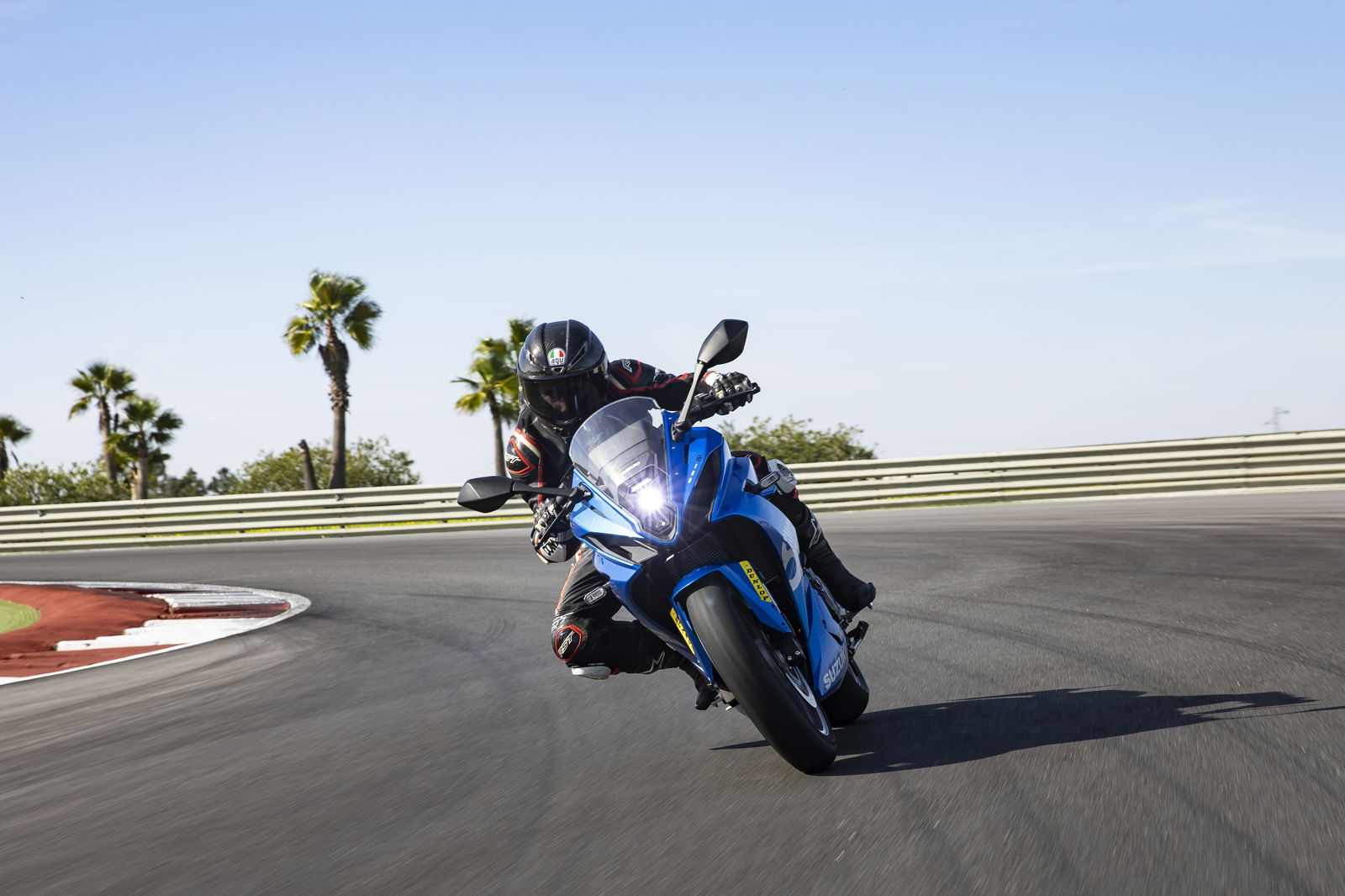
‘Not quite the same thing…’ I hear you say. No, you’re right, they’re not. But they’re affordable, fun and what we actually want.
I recently wondered just the same thing about Triumph’s new 400s – sure they’re good but, hey, they’re also brand new 400s in 2024 producing just 40bhp. Where’s the progress in that? After all, my old 1981 RD350LC produced 47bhp over 40 years ago…
But maybe we do need to go backwards to go forwards, maybe we do need to get back to basics and some kind of simplicity and affordability. And maybe that’s no bad thing at all…
